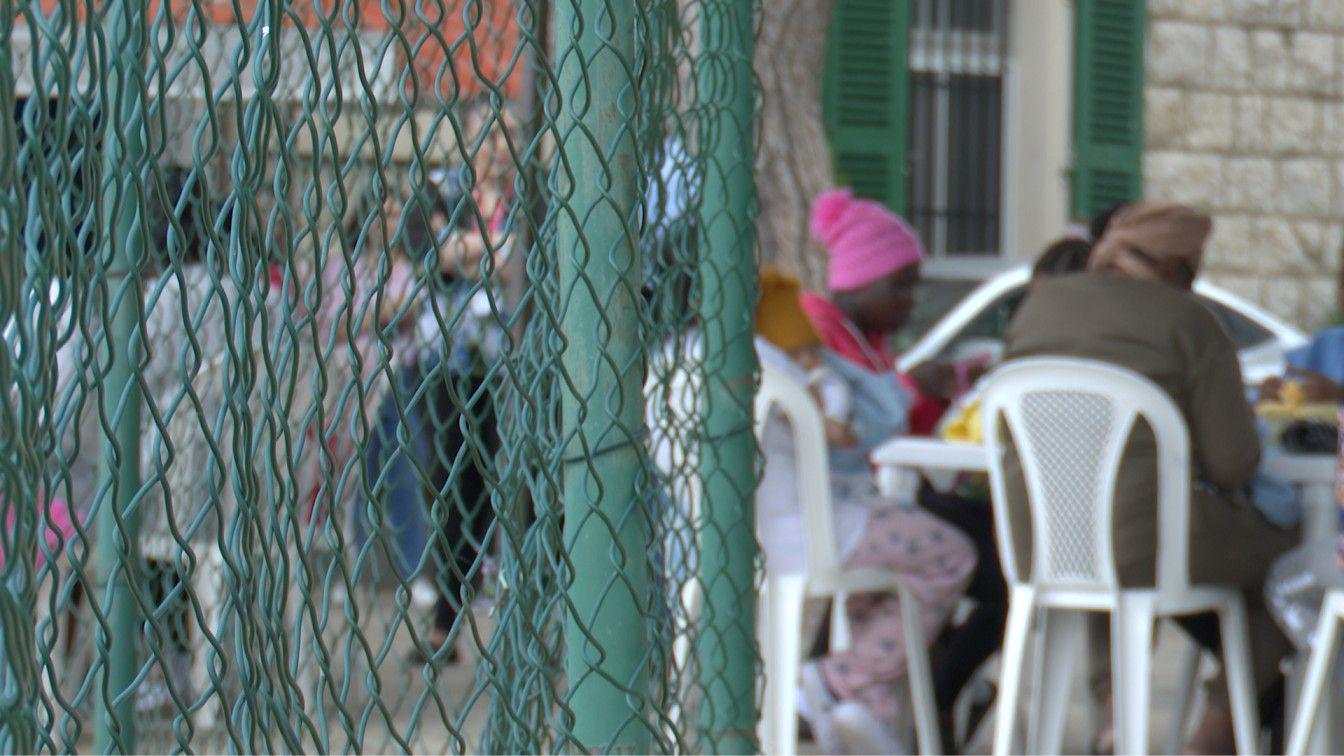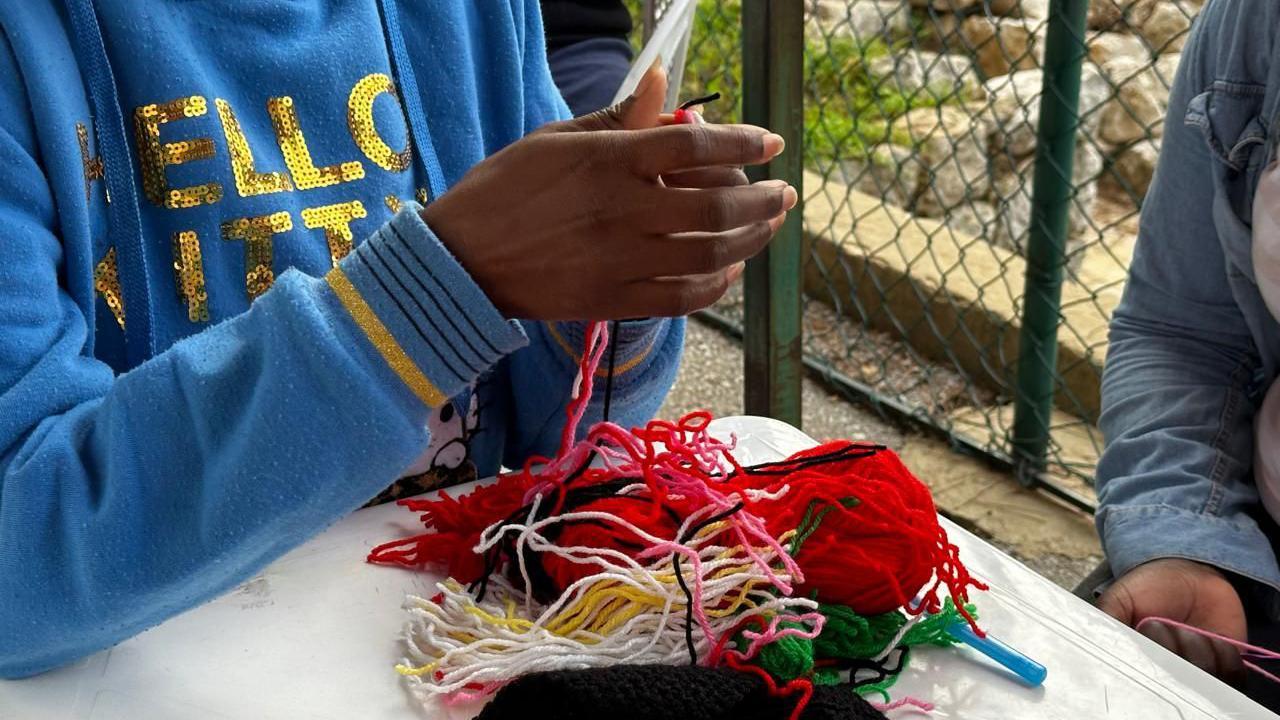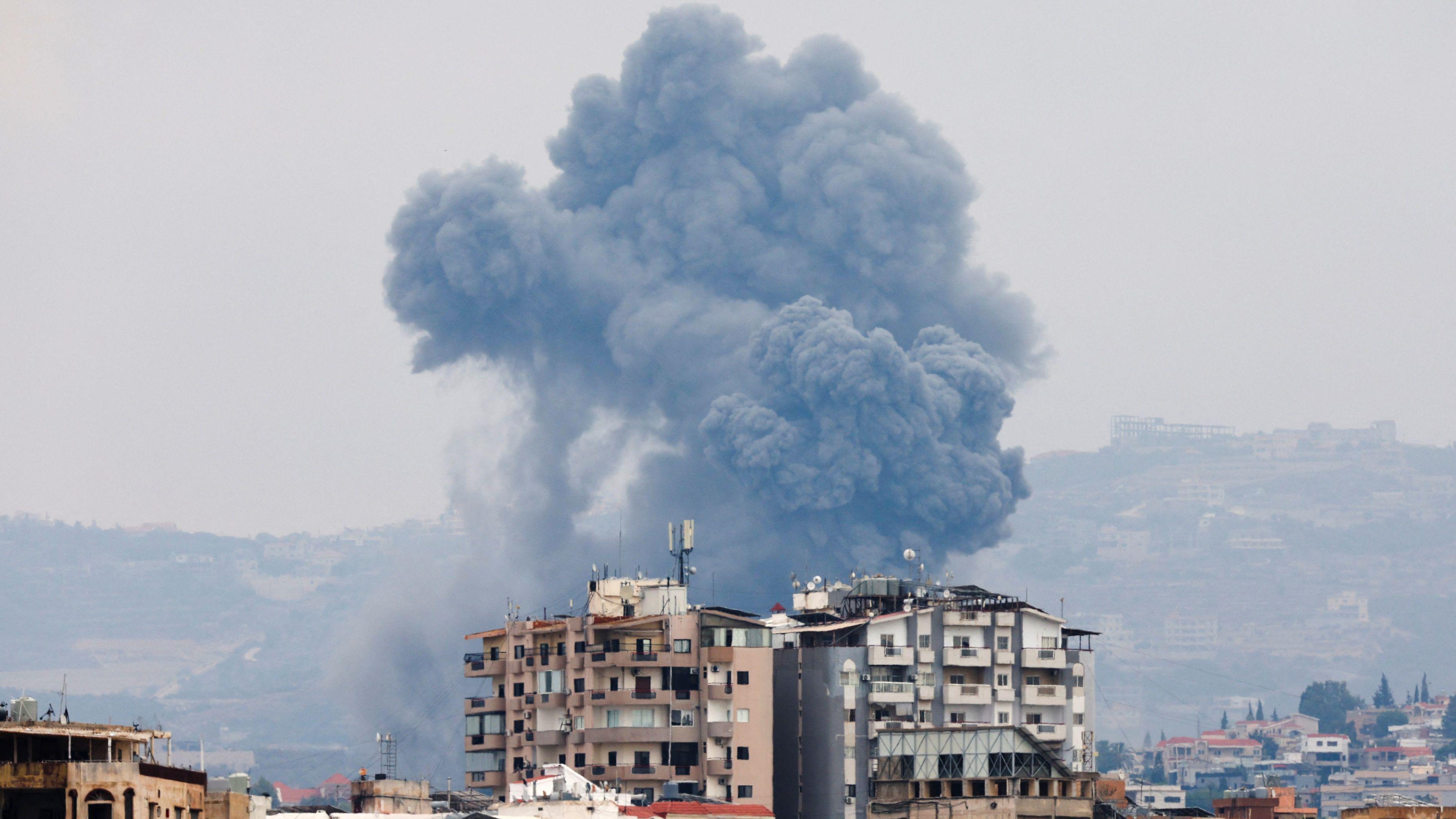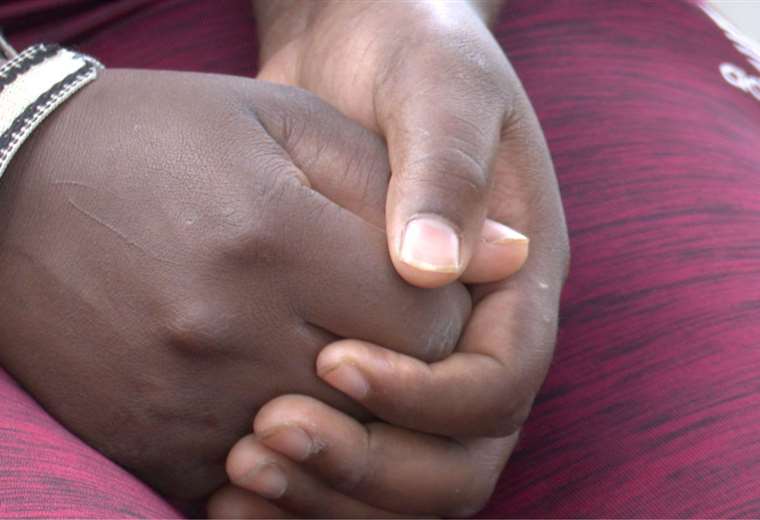October 14, 2024, 8:29 AM
October 14, 2024, 8:29 AM
When Israeli bombing hit her employer’s home in southern Lebanon, Andaku (not her real name) found herself completely alone, locked up and terrified.
The 24-year-old Kenyan has been working in Lebanon as a domestic help for the past eight months, but says the last month has been the hardest, as Israel intensified its attacks in the south of the country.
“There were many bombings. It was too much. “My employers locked me in the house and left to save their own lives,” he tells the BBC.
The sound of the explosions has left Andaku traumatized. She lost count of how many days she was alone in the house before her employers returned.
“When they came back they kicked me out. I never got paid and had nowhere to go” he says, adding that he was lucky to have enough money to take a bus to the capital, Beirut.
Andaku’s story is not the first nor the only one.
On Friday, United Nations officials said most of Lebanon’s nearly 900 shelters were full, and expressed concern for tens of thousands of domestic workers, mostly women, who have been “abandoned” by their employers since tensions rose. last month.

There are around 170,000 migrant workers in Lebanon, according to the International Organization for Migration (IOM). Many of them are women from Kenya, Ethiopia, Sudan, Sri Lanka and Bangladesh.
“We are receiving increasing reports of migrant domestic workers being abandoned by their Lebanese employers, either on the streets or in their homes while their employers flee,” said Mathieu Luciano, head of the IOM office in Lebanon, during a press conference in Geneva.
Many foreign domestic workers travel to Lebanon in order to provide financial support to their families back home.
The average monthly salary of African domestic workers is estimated to be around US$250, while Asian housekeepers could earn up to US$450.
Foreign domestic workers must respect the Kafala (sponsorship) system, which human rights groups describe as “dangerous.”
The system does not guarantee the protection of the rights of migrant workers and allows employers to confiscate your passports and withhold your wages. The workers arrive through agencies based in Lebanon.
“The lack of legal protection within the Kafala system, combined with the restriction of movement, means that many workers may be trapped in exploitative conditions. This has led to cases of abuse, isolation and psychological trauma among migrant workers,” says Luciano.
“In addition, we are aware of cases of immigrants locked up to guard the properties of fleeing Lebanese citizens,” he adds.
Nowhere to go

Mina (also not her real name) is from Uganda and has been a domestic worker in Lebanon for one year and four months.
She tells the BBC that she was mistreated by the family she worked for and decided to escape and return to her agency.
The young woman expected to receive help, but was surprised to learn that she had to work for another family on a two-year contract before she could return home.
“When I returned to the agency I told them that I had worked hard enough to be able to pay for my plane ticket and return home. They took my money and asked me to work in a house for two years so they could travel home”says the 26-year-old housekeeper.
Having to live with the continuous deafening sounds of explosions took a toll on Mina’s mental health. She could not properly perform her assigned household chores, so she asked her new employer to leave.
Mina worked for a family in Baalbek, a city in northeastern Lebanon, in the Beqaa Valley.
“(The family) hit me, pushed me and threw me out… There were so many bombings at that time. When I left, I had nowhere to go“, says.

Another Kenyan domestic worker shared her story with the BBC.
Fanaka, 24, says her agency sent her to work in different homes every two months and says she has been suffering from continuous headaches.
“I’ve tried to do the best I can at work, but no one is born perfect,” he says.
The women point out that they faced tough challenges while living on the streets, as Many shelters refused to take them in, claiming that they were reserved for displaced Lebanese, not foreigners..
The three women managed to reach Caritas Lebanon, a Lebanese non-governmental organization that has provided help and protection to migrant workers since 1994.
In audio recordings sent to the BBC, Sierra Leonean workers claim that dozens of them They are still stranded on the streets of Beirut and desperately need food.
Others have confirmed to local media that they were denied entry to shelters organized by the government because they are not Lebanese.
The BBC contacted local authorities, who deny any form of discrimination.
Ministry of Education sources told the BBC: “No specific centers have been designated for foreign domestic workers, but at the same time they have not been denied entry.”
Some workers are believed to avoid official shelters for fear of repercussions for their incomplete legal documentation.
Hessen Sayah Korban, head of Caritas Lebanon’s protection department, says her NGO currently hosts about 70 migrant domestic workers, mostly mothers with children.
Korban notes that more funds are needed to be able to provide housing for up to 250 domestic workers; all have been abandoned by their employers or are homeless and their official documents have been confiscated.
“We are trying to provide them with all the necessary help; it can be legal, mental or physical,” Korban says.
The Caritas Lebanon representative adds that many domestic workers need help with their mental health because they have been traumatized due to difficulties with the families they worked for or as a result of the broader conflict in the country.
Since the beginning of October, IOM has received more than 700 new requests from people seeking help to return to their countries of origin.
Caritas, together with other NGOs, is coordinating with several embassies and consulates the deportation of abandoned domestic workers to their countries.
“It is a process that is currently underway. We seek a safe return to their cities of origin, while coordinating with the IOM and the Lebanese security services,” adds Korban.

And remember that you can receive notifications in our app. Download the latest version and activate them.
















